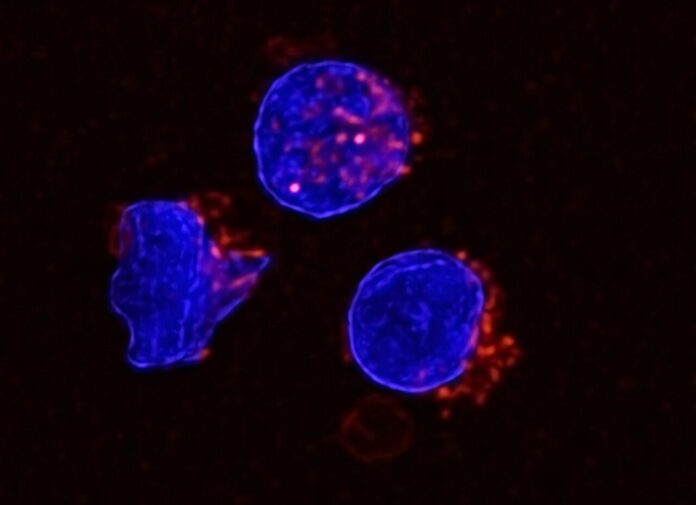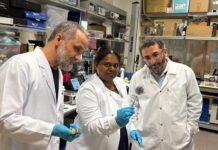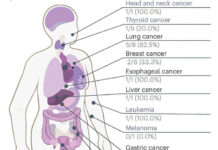

A groundbreaking study led by Irish scientists has revealed how lipid-rich abdominal fluid, known as ascites, plays a key role in suppressing the immune system in patients with advanced ovarian cancer. The findings not only enhance our understanding of immune evasion in this cancer type but also open new possibilities for targeted immunotherapy.
Ascites Fuels Cancer Spread and Weakens Immune Defense
Over 70% of ovarian cancer patients receive their diagnosis at an advanced stage, frequently presenting with large volumes of ascites. This fluid accumulates in the abdominal cavity. It not only helps cancer spread but also significantly weakens the body’s natural immune defenses.
Researchers from Trinity College Dublin and University College Dublin aimed to understand how ascites affects the function of immune cells—particularly natural killer (NK) cells and T cells, which are vital for detecting and destroying cancer cells.
Fat Molecules Identified as Key Immune Suppressors
The team closely analyzed ascitic fluid collected from ovarian cancer patients. They identified a group of fat molecules, called phospholipids, as major contributors to immune dysfunction. These lipids interfere with NK cell metabolism, making them less effective at killing cancer cells.
Dr. Karen Slattery, Research Fellow at the Trinity Translational Medicine Institute and first author of the study, explained, “We found that these lipids directly impair the cancer-killing ability of NK cells. Importantly, we showed that by blocking a specific receptor that allows these lipids to enter NK cells, we could restore their anti-tumor activity. This presents a promising new target for treatment.”
Fat-Rich Environment Shuts Down Immune Surveillance
As reported by medicalxpress, the study adds critical knowledge to why ovarian cancer remains highly aggressive and difficult to treat. The immune system is naturally equipped to recognize and eliminate cancer cells. However, in many ovarian cancer patients, this function appears to be turned off.
“This dysfunction doesn’t occur randomly,” said Dr. Slattery. “Our research shows that the fat-rich environment created by ascites directly causes it and effectively disables immune surveillance.”
A Step Toward More Effective Immunotherapy
Senior author Prof. Lydia Lynch, formerly of Trinity College Dublin and now at Princeton University, believes this discovery lays a foundation for new therapies. “This study marks a significant advance in ovarian cancer research, identifying a previously unknown mechanism behind immune failure,” she said.
“By targeting the fat-induced suppression of immune cells, future treatments could reawaken the immune system and give patients a better chance at fighting the disease.”























